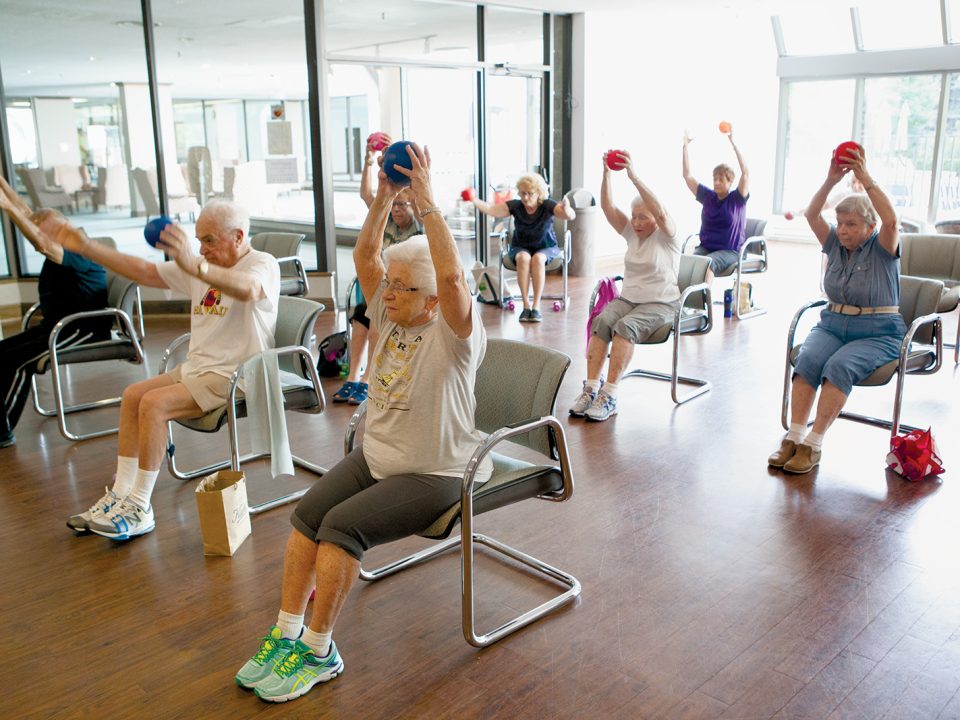
Pay, societal views factors preventing men from working in teaching and aged care roles
September 16, 2019
Nurse Practitioners integral to mental health outcomes
September 19, 2019Prostate cancer nurse says not enough said about impact on sex, calls for support

Doctor physician consulting with male patients in hospital exam room. Men's health concept. Psychologist consult in psychotherapy session.
Prostate cancer nurse says not enough said about impact on sex, calls for support.
Dealing with the medical aspect of prostate cancer is a key part of Gay Corbett’s job, but one side effect she says does not receive enough attention is sex.
Ms Corbett was one of just 51 prostate cancer specialist nurses in Australia, and has been the only medical professional of her kind within the Grampians catchment of Victoria — an area of 48,000 square kilometres.
“Each year in this region about 180 men are diagnosed with prostate cancer,” she said.
Side effects of the disease include fatigue, along with the loss of erection and ability to ejaculate, all factors Ms Corbett believed are a threat to a man’s self-esteem and self-image.
With the number of patients on her books reaching into the thousands, Ms Corbett said there was a “great need” for more prostate cancer specialist nurses in regional areas.
For the 20,000 men diagnosed with prostate cancer each year, symptoms and side effects such as incontinence can have a devastating impact on daily life.
When it came to more intimate matters like sexuality and intimacy, Ms Corbett said specialist nurses had the training others might lack.
“The doctors don’t have the time, sometimes they don’t have the skill, and everybody thinks someone else is going to bring up that discussion and no one does,” she said.
“The biggest issue now is survivorship; these men are living with with prostate cancer, but are they living well?”
Ms Corbett said treatments to manage the side effects of prostate cancer, like sexual dysfunction, were improving and when approached properly, men were willing to talk.
“It’s loss and dealing with the grief and then being able to talk together as a couple and work out what best suits them,” she said.
“Sometimes it’s the elephant in the room that’s not discussed by anyone and men are thinking ‘am I the only person that this has happened to?’
Demand growing in regions
As part of the 2019–20 budget, the Federal Government committed $17.35 million towards providing an additional 34 prostate cancer nurses nationwide by the end of 2023.
Anne Savage, spokeswoman for the Prostate Cancer Foundation of Australia (PCFA), said they were still working with the Government and community groups to determine which regions were in most need of additional nurses.
“I’m not sure that at the moment it’ll ever be enough if you look at the number of new cases being diagnosed each year,” she said.
“We certainly have seen demand growing in regional areas, with increased emphasis on the need for telehealth services. We haven’t confirmed where the new nurses will be located … that’s a process of consultation and engagement, making sure that we understand exactly what the needs are.”
While 95 per cent of men will survive the first five years after their diagnosis, their health side effects are ongoing, creating long-term demand for nurses like Ms Corbett.
“I just build, I really don’t end up discharging anyone from my service,” she said.
“I started five years ago but I’m also looking at men who were diagnosed 10 years ago.”
Growing need for specialist care nurses underestimated
Ms Savage said with around 200,000 men diagnosed with prostate cancer alive today, Australia had “a rapidly growing footprint of survivors”.
“To our knowledge the PCFA prostate cancer specialist nurses are the only nurses of their kind in Australia right now,” she said.
“Diagnostics have improved and as more men have been diagnosed need has just grown in ways that nobody ever anticipated.”
With a service area stretching more than 250km from Ballarat to the South Australian border, Ms Corbett said she was holding out for another nurse to help.
“I’m hoping that there’ll be a lot of help soon, there’s certainly great need for it,” she said.
This article was originally published on ABC News Ballarat at abc.net.au on 18/9/19 by Dominic Cansdale.










